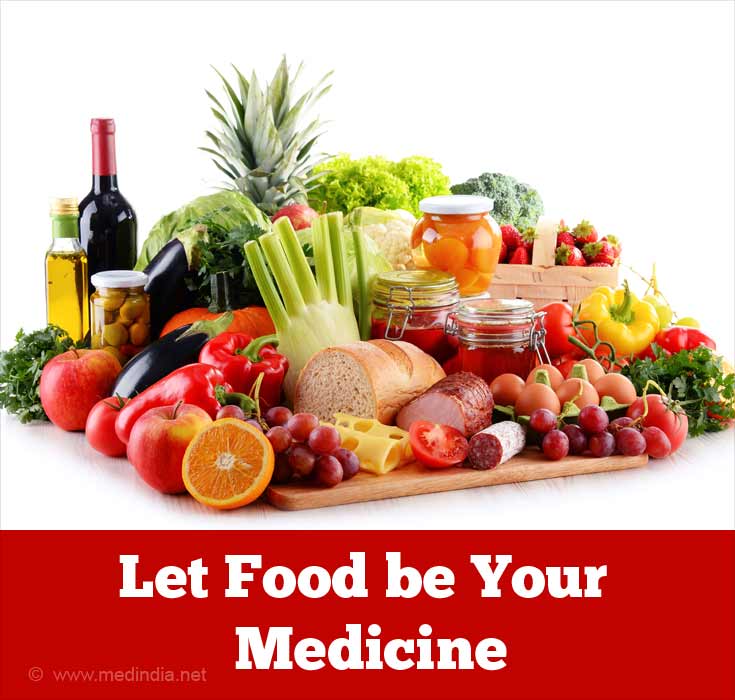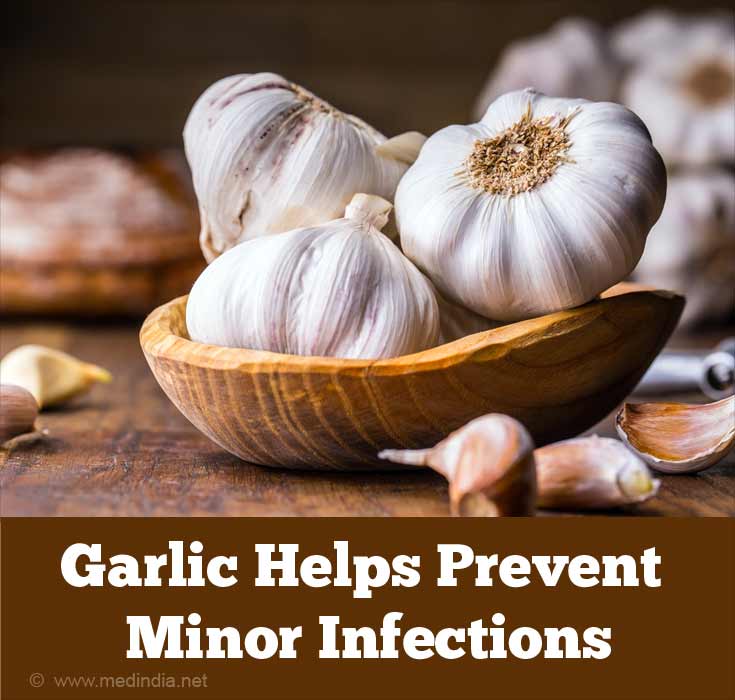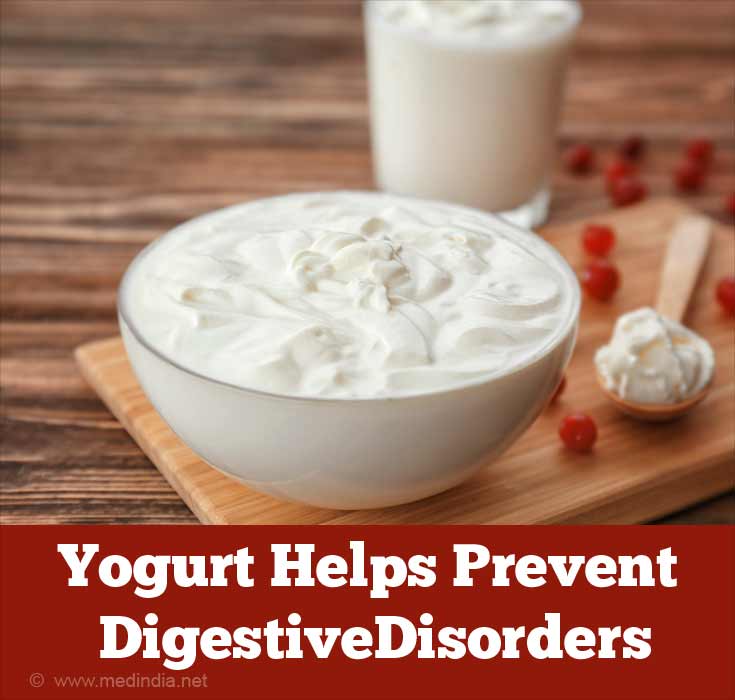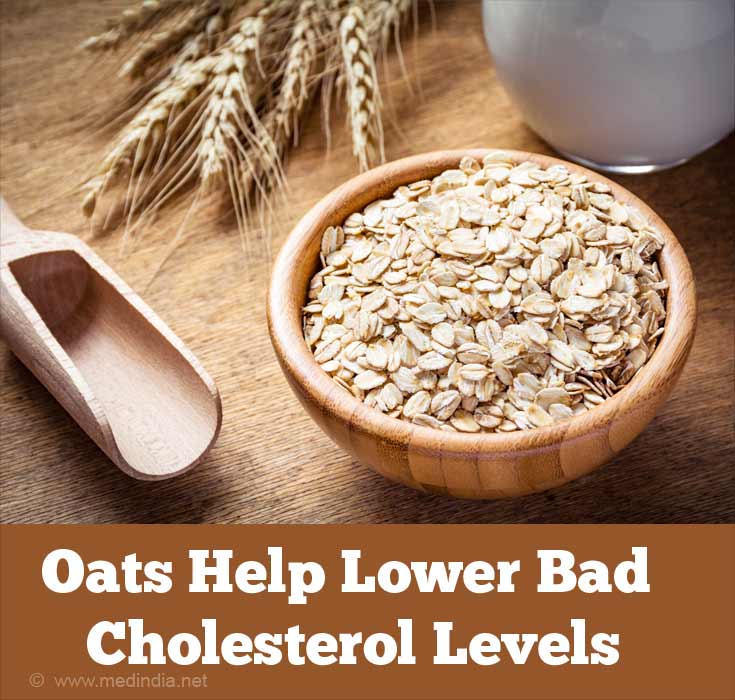- Spinach - (https://en.wikipedia.org/?title=spinach#nutrition)
- An Update on the Health Effects of Tomato Lycopene - (http://www.ncbi.nlm.nih.gov/pmc/articles/pmc3850026/)
What are the Foods to Eat for Better Health?
We are constantly bombarded by advertisements for pills and tablets for even the most mundane health issues. Conventional pharmaceutical-based medication does have a role to play but maybe it’s time we realize that we have become a little too dependent on them.
We discovered the importance of vitamins and minerals in natural health foods but instead of increasing our intake of these foods, we found a way to synthesize the nutrients and consume them as a vitamin tablet. Fruits, vegetables and herbs contain natural medicinal compounds that have therapeutic benefits and including them in your diet is a much healthier way to stave off infection and illness.

Here are 10 Super Foods that should be a Part of your Diet Plan:
- Spinach: We grew up fascinated by the miracle effects of spinach on Popeye but as we grew older we came to the unhappy realization that gulping down a can of spinach would not give us super-human strength. However, spinach contains a very wide range of nutrients but is low in calories. 100 grams of raw spinach contains over 40% of a person’s manganese requirement, almost 50% of their folate requirement, almost 60% of their vitamin A requirement and over 450% of their vitamin K requirement! Spinach also contains modest amounts of the vitamins B, vitamin C and trace metals such as calcium, iron and magnesium. The high nutrient density in spinach will help to stave off lifestyle diseases and it is often recommended for those with type 2 diabetes and heart problems.
- Garlic: Just 5-6 cloves of garlic would provide less than 10% of your nutritional daily requirements for most minerals and vitamins. Garlic has strong anti-microbial properties that can prevent and treat minor infections such as the common cold and skin rashes. Many studies show that garlic can lower blood cholesterol levels, reduce hypertension and the risk of stomach and colon cancers. Dice the garlic and consume it raw to get its full benefits. Exposing chopped garlic to air increases its content of alliin which is a sulfur-based compound that has health-promoting properties.

- Tomatoes: Tomatoes are high in vitamin C and only modest amounts of other vitamins and minerals. One cup of tomatoes will provide you with about 30% of your daily requirement for this vitamin but less than 10% of your vitamin A, B vitamins, vitamin E, iron, magnesium and phosphorous requirements. They also have antioxidants that make it invaluable. Tomatoes have very high lycopene and consuming tomatoes may help to reduce the risk of certain cancers, reduce the oxidative stress caused by diabetes and even improve your skin#$#s ability to protect itself from UV rays.
- Beets: Beets or beetroot are often recommended to pregnant women as they are sweet and flavorful and have high folate content. Beets are one of the most nutritional foods to eat as they contain low to moderate amounts of a very wide variety of vitamins and minerals. Preliminary research also suggests that the betaines contained in beetroot might help to prevent heart disease and stroke.
- Yogurt: Yogurt is a nutrient rich but low calorie food that should be a part of everyone’s diet. Yogurt is a good source of protein, calcium, several of the B vitamins and vitamin D. Yogurt also contains pro-biotic bacteria that promote digestion and prevent digestive disorders. There is also evidence to suggest that consuming yogurt can reduce an individual’s risk of high blood pressure.

- Oranges: Oranges are very high in vitamin C and they also contain modest amounts of several other vitamins and minerals. The phytochemicals such as carotenoids and flavonoids in oranges have been linked to therapeutic benefits but the exact cause for this is still not completely understood. Current research indicates that phytochemicals may aid the body’s natural metabolic processes and reduce the risk of chronic diseases.
- Bananas: Bananas are an excellent source of vitamin B6 and contain almost all the vitamins and minerals we require on a daily basis. They also contain serotonin and dopamine, which are often referred to as “happy hormones” as they induce a happier and calmer state of mind.
- Oats: Oats are generally eaten as porridge but they can also be used in cookies and other baked products. Oat bran is the outer covering of the oat seed and consuming this on a daily basis can lower an individual’s LDL (bad) cholesterol level within a few weeks. This also reduces the individual’s risk of heart disease. Oats are low in calories and contain more soluble fiber than any other food grain; so it is the perfect breakfast for people who are on a weight loss diet as it keeps a person feeling full for a longer period.

- Almonds: Almonds contain omega 6 and omega 9 fatty acids, which are healthy fats. Almonds are nutritionally dense and 100 grams will provide well over 50% of your requirement for vitamin B2, Vitamin E and magnesium, manganese and phosphorous.
- Turmeric: While turmeric is a spice and not strictly speaking a food, it is undoubtedly one of the most widely used therapeutic foods. Turmeric has a wide range of health benefits from preventing certain types of cancer to alleviating arthritis pain and preventing a host of respiratory and gastrointestinal infections.






